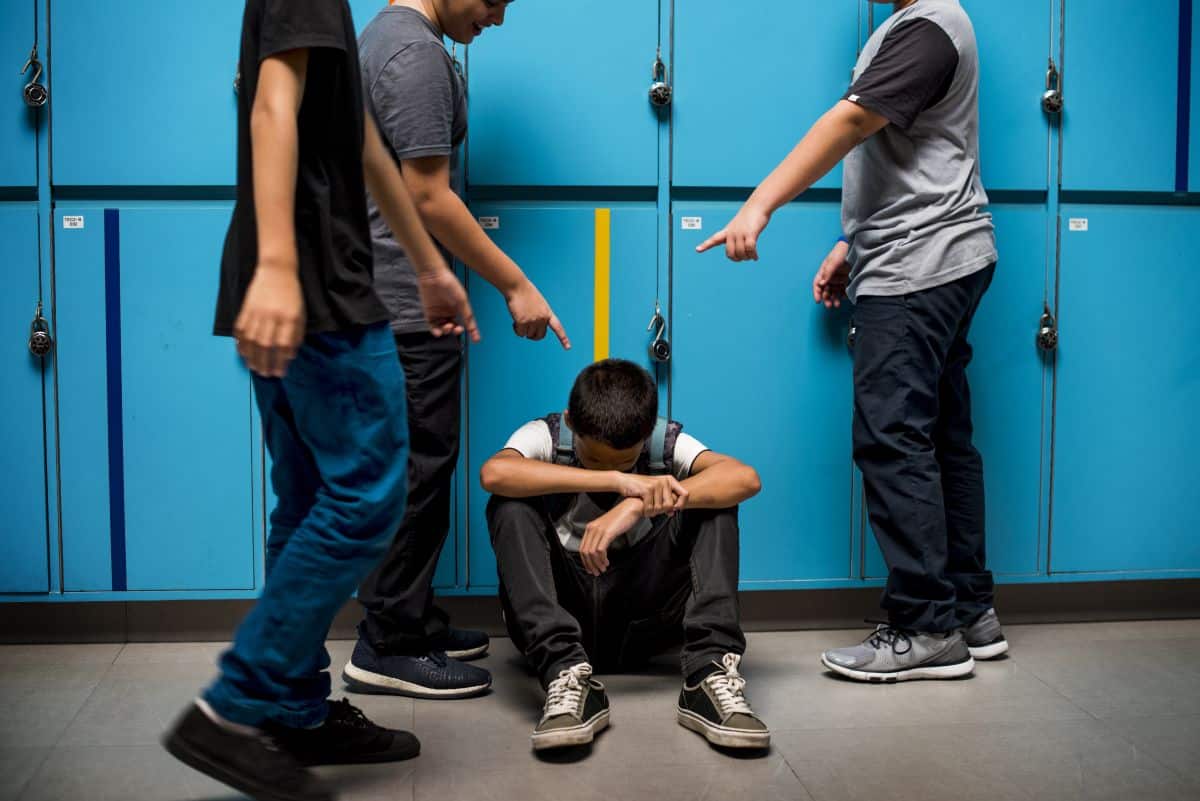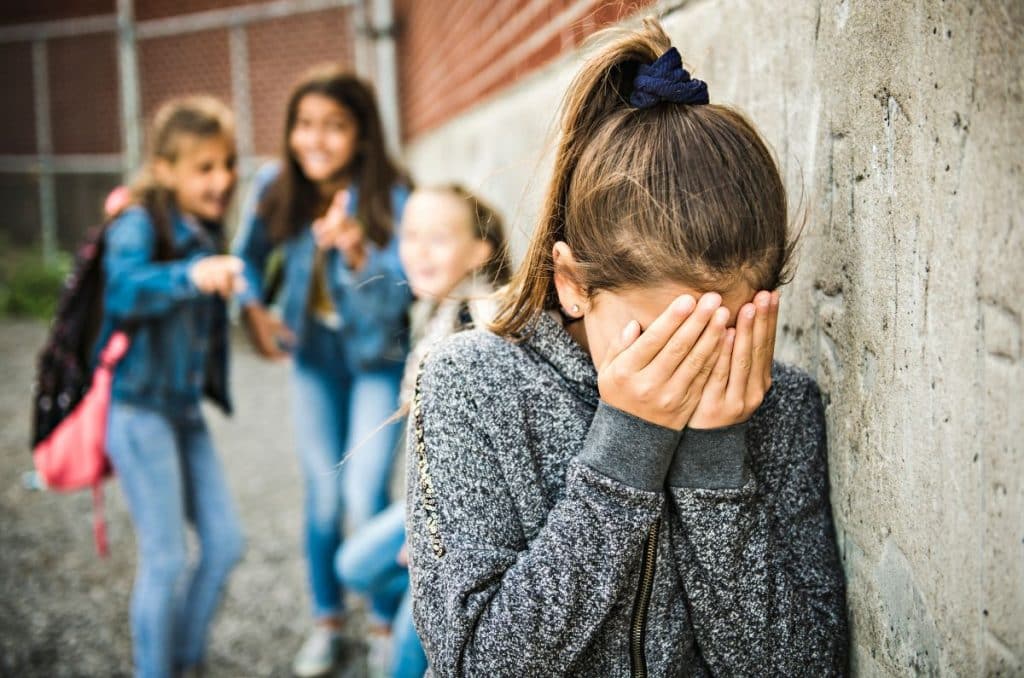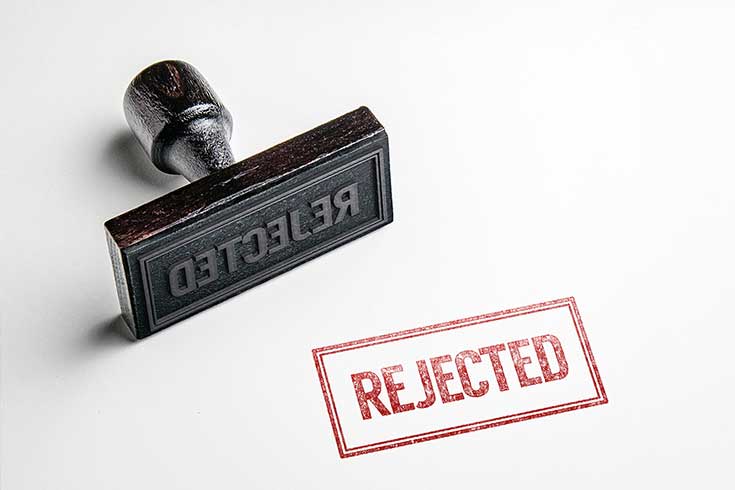Addressing Cyberbullying and Similar Issues: Court Cases on Reputational Damage Control When Minors are the Victims

In the realm of online defamation, there has been an increasing number of cases where minors become victims, such as instances where ‘bullying’ in the real world spills over onto the internet. In such cases, it is possible to initiate a lawsuit with the minor as the plaintiff.
Here, we will consider how cases are handled in court when the plaintiff in an online defamation case is a minor.
As a related but distinct topic, we have detailed explanations in the following article about cases where the offender, rather than the victim, is a minor.
https://monolith.law/reputation/minors-responsibility-law[ja]
Case of a Junior High School Student Who Posted an Article Infringing on the Right to Honor

Case Overview
This is a case we introduced in the above-mentioned article. A female junior high school student sought damages for tort due to defamation of her honor caused by an article posted on an anonymous bulletin board by a defendant, who is a third-year junior high school student from a different school but attends the same cram school.
Progress of the Lawsuit from the Victim’s Perspective
The defendant, who attended a different junior high school from the plaintiff and had never spoken directly to her, was attending the same English cram school. It was decided among the students, mainly those from the junior high school the plaintiff attended, to post comments and articles on the plaintiff’s blog as a form of harassment. The content of the article indicated the name of the junior high school the plaintiff attended and her grade level, and explicitly stated her name, claiming that the plaintiff was a person with a weak sense of sexual morality who would have sexual intercourse with anyone.
The court recognized the infringement of the right to honor, stating that it was clear that the posting in question would lower the plaintiff’s social evaluation because it was posted on an Internet bulletin board where an unspecified and large number of people could view it, after specifying the plaintiff’s name and junior high school name and stating that the plaintiff was a person with a weak sense of sexual morality who would have sexual intercourse with anyone.
Court Judgment and the Issue of Age
Regarding the age of the parties, the court stated, “It is difficult to accurately grasp the situation and feelings at the time, as both the plaintiff and the defendant were junior high school students at the time,” but did not specifically mention any increase or decrease due to age. The court ordered the defendant to pay a total of 770,000 yen in damages, including 500,000 yen for consolation money, 200,000 yen for investigation costs, and 70,000 yen for attorney fees. (Tokyo District Court, December 20, 2012 (2012 in Gregorian calendar))
Case of a Primary School Student Whose Privacy Rights Were Violated by a Posted Article

Case Overview
On the 2channel thread titled “Rape: Inagi City Elementary School Teacher Girl Rape Incident,” posts began to appear about students attending this elementary school. In these posts, the name of a student who attended the school and served as the vice-captain of an extracurricular soccer club was mentioned. The student’s privacy was violated when his residential apartment and room number were indicated using expressions resembling the names of train models, such as “X’s address is here? Plarail Nozomi b apartment ○○ series.” Furthermore, his reputation was damaged by comments such as “Together with mom! Mama’s boy X,” “Even a substitute can be a captain,” and “X sucks.” As a result, the fifth-grade student requested the disclosure of the sender’s information from the intermediary provider.
https://monolith.law/reputation/2ch-harmful-rumor-comment[ja]
Progress of the Lawsuit from the Victim’s Perspective
The court stated, “It is reasonable to interpret that the interest of not having personal identification information such as name and address indiscriminately disclosed is a personal interest worthy of protection under tort law.” The court recognized that it was entirely possible for internet users who viewed the articles in question to specifically identify the plaintiff’s elementary school and residence. The court found no legitimate reason to disclose this information on the bulletin board in question and acknowledged the violation of privacy.
The defendant, the intermediary provider, argued, “From the overall appearance and expressions of the articles, general viewers would only get the impression that an immature sender (a primary school student) is negatively describing his classmate without any basis, and it cannot be said that there is illegality constituting a tort.” However, the court ruled that the articles clearly violated the plaintiff’s personal interests related to privacy. Since the plaintiff intended to exercise the right to claim damages based on tort against the sender, the court ordered the intermediary provider to disclose the sender’s information. (Tokyo District Court, December 18, 2015 (2015年12月18日)).
The court recognized that the posts were not merely negative descriptions by immature primary school students, but constituted a tort.
On the other hand, for example, the court did not recognize defamation in the comment “Together with mom! Mama’s boy X.” Although it contains a negative expression (“Mama’s boy”), it merely mocks the plaintiff without showing any specific basis. The court did not agree with the plaintiff’s claim that it would lead to a false belief that he is a person who excessively loves his mother and lacks self-decision-making ability, and did not recognize a decrease in social evaluation.
Case of a Junior High School Student Posted as a Bullying Victim

Case Overview
A case occurred where the victim of a widely reported bullying incident had their real name posted on a 2channel thread titled “Bullying Incident at Kawaguchi Municipal Junior High School A, Club B”. The victim claimed their privacy rights were violated due to the posting of their real name and the fact that they were bullied, and requested the disclosure of the sender’s information from the intermediary provider.
Progress of the Lawsuit from the Victim’s Perspective
The plaintiff, after enrolling in Kawaguchi Municipal Junior High School A and joining Club B, was unable to attend school due to being ostracized on social media by other club members and receiving corporal punishment from the advisor.
About a month after newspapers began reporting on the bullying, corporal punishment, and non-attendance, a thread about the case was created on 2channel. After the text of the newspaper articles was quoted, many anonymous or pseudonymous posts believed to be from related parties were posted. Among them were posts including statements like, “You don’t talk at all about the fight that Mr. ○○ started being the cause. Are you his parent, calmly telling such obvious lies?” The “Mr. ○○” in the post could easily be identified as the plaintiff by his classmates.
The plaintiff argued that the fact that they were the victim of bullying had not been reported, and that it was a matter that was still unknown to the general public and that they did not want to be made public based on the sensitivity of an ordinary person, and therefore should be protected as privacy. Indeed, information about being a victim of bullying can be considered sensitive personal information, similar to information about illness.
The court ruled that the fact that one has been bullied is a fact about an individual that one does not want to be known to others indiscriminately, as it can easily lead to prejudice and slander if it spreads indefinitely, and should be legally protected as a fact belonging to privacy. The court ruled that the act of the poster in this case disclosing the fact that the plaintiff was bullied through the posting of each article in this case clearly violated the plaintiff’s privacy, as it could not be said either formally or substantively that the plaintiff’s consent was recognized, that it was within the range of tolerance, or that other legal interests were superior. The court ordered the intermediary provider to disclose the sender’s information. (Tokyo District Court, December 10, 2018 (Heisei 30)).
Bullying incidents often result in not only the perpetrators but also the victims being identified by a “specific group” and becoming the target of slander. However, it is possible to respond to this as a violation of privacy rights.
https://monolith.law/reputation/personal-information-and-privacy-violation[ja]
Case of a 2-Year-Old Child’s Portrait Rights Violated by a Twitter Post

A request for disclosure of sender information was filed on behalf of a 2-year-old child, following a false article posted on Twitter. The post claimed, “Despite my objections and my grandchild crying to go home, my daughter-in-law took my grandchild to a protest against the Japanese Security Legislation Bill, and my grandchild died of heatstroke.” The post included a photo of the plaintiff taken from the web.
Progress of the Lawsuit from the Victim’s Perspective
The defendant argued that since the image in question was already publicly available on the web, attaching it to the article did not infringe on the plaintiff’s portrait rights. However, the court ruled that the use of a portrait, which represents personal value and is closely tied to the individual, should be left to the discretion of the person photographed. Just because the image was publicly available on a web service, it does not mean that the image can be published without restrictions, or that the plaintiff, who was the subject of the photograph, had given comprehensive or implicit consent to its publication. The court recognized the infringement of portrait rights and ordered the intermediary provider to disclose the sender’s information. (Niigata District Court, September 30, 2016 (2016 in Gregorian calendar))
In the judgment, the defendant argued that the article did not lower the plaintiff’s social evaluation, so publishing the image attached to the article did not infringe on the plaintiff’s portrait rights. However, the judgment stated that portrait rights are the right not to have one’s appearance or posture arbitrarily photographed or published, and that a decrease in social evaluation is not directly related to whether portrait rights have been infringed. The judgment did not specifically mention the fact that the plaintiff was 2 years old.
Furthermore, the child’s father and his attorney held a press conference in Niigata City on February 23, 2017 (2017 in Gregorian calendar), revealing that they had identified the male poster and reached a settlement. According to them, the 50-year-old man who posted the false photo wrote an apology letter to the father and paid an undisclosed amount for emotional distress and investigation costs.
Summary
When the victim of a rights infringement is a minor, it is possible to initiate a lawsuit with the minor as the plaintiff.
On a practical level, in such cases, the lawsuit power of attorney will be signed and sealed by the minor who is the victim of the rights infringement and their legal representative, the parents, as the grantor.
When a minor child becomes a victim, it is necessary for the guardian to respond promptly. Consult with an experienced attorney and restore the child’s rights.
Category: Internet





















